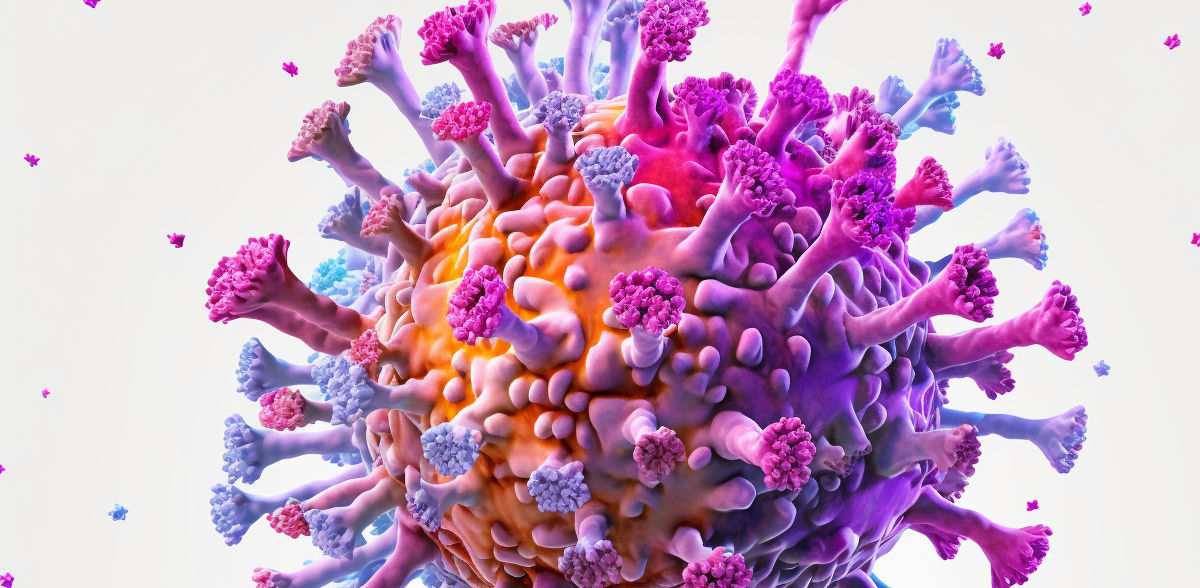Diagnosis of Type 1 Diabetes After SARS-CoV-2 Infection
Researchers Find Possible Correlation
During the Covid-19 pandemic, an increase in the chronic autoimmune disease type 1 diabetes was observed in children, also in Germany. Researchers at Helmholtz Munich and TU Dresden, in cooperation with the Kassenärztliche Vereinigung Bayern (KVB), have now investigated whether there is a temporal association between infection with the SARS-CoV-2 virus and the development of type 1 diabetes. The team of researchers explored data of over 1.1 million statutorily insured children born between 2010 and 2018 in Bavaria.
Different studies have documented an increased incidence of type 1 diabetes during the COVID-19 pandemic. However, none of the studies distinguishes between children with and without SARS-CoV-2 infection. Researchers were now able to gain new insights: the KVB data set provides information on whether children diagnosed with type 1 diabetes previously had COVID-19. This allows an analysis of the temporal relationship between a COVID-19 diagnosis and the diagnosis of type 1 diabetes. Amongst the analyzed children without type 1 diabetes diagnosis before the start of the pandemic, 16.6 percent had a diagnosis of COVID-19 between January 2020 and December 2021.
SARS-CoV-2 infection was associated with an increased risk of type 1 diabetes in children
The researchers’ initial findings were consistent with data from Germany and other countries: the incidence rate of type 1 diabetes in children between the ages of 2 and 12 years was around 50 percent higher in the years 2020 to 2021 as compared to the incidence rate in 2018 to 2019. Important and novel, they found that the development of type 1 diabetes in 2020 to 2021 was higher in the children with COVID-19. The likelihood to develop type 1 diabetes was increased by 57 percent in children who had a confirmed SARS-CoV-2 infection compared to non-infected children. The increase in type 1 diabetes incidence occurred in the same quarter as the COVID-19 diagnosis and also in later quarters.
The new data point to a direct effect of SARS-CoV-2 infection on the development of type 1 diabetes
“We are cautious in our interpretation, but the findings suggest that the virus could either promote initiation of the underlying autoimmunity in type 1 diabetes or accelerate the progression of the disease in children with existing autoimmunity," says Ezio Bonifacio, last author of the study. Further studies will be needed, to elucidate the exact mechanism driving the increased incidence of type 1 diabetes during the COVID-19 pandemic in young children.
Further studies planned
The team of researchers also has access to cohorts of prospectively followed children from the Global Platform for the Prevention of Autoimmune Diabetes (GPPAD) and the Fr1da Study. “We want to look into these cohorts to see whether the development of islet autoantibodies and/or type 1 diabetes was increased in the children after SARS-CoV-2 infection,” says Anette-Gabriele Ziegler, Director of the Helmholtz Munich Institute of Diabetes Research and GPPAD researcher. The findings of these studies will help to determine whether vaccination against COVID-19 should be considered in children at risk for type 1 diabetes.
Original publication
Most read news
Original publication
Weiss et al. (2023): Type 1 Diabetes Incidence and Risk in Children With a Diagnosis of COVID-19. JAMA
Organizations
Other news from the department science

Get the life science industry in your inbox
By submitting this form you agree that LUMITOS AG will send you the newsletter(s) selected above by email. Your data will not be passed on to third parties. Your data will be stored and processed in accordance with our data protection regulations. LUMITOS may contact you by email for the purpose of advertising or market and opinion surveys. You can revoke your consent at any time without giving reasons to LUMITOS AG, Ernst-Augustin-Str. 2, 12489 Berlin, Germany or by e-mail at revoke@lumitos.com with effect for the future. In addition, each email contains a link to unsubscribe from the corresponding newsletter.
Most read news
More news from our other portals
Last viewed contents

Merck Collaborates with Innovative Biotech to Support Establishment of First Vaccine Production Facility in Nigeria

Barcodes expand range of high-resolution sensor - Optical barcodes for multimode sensing have potential applications in biomedical diagnostics, environmental monitoring, chemical sensing and more
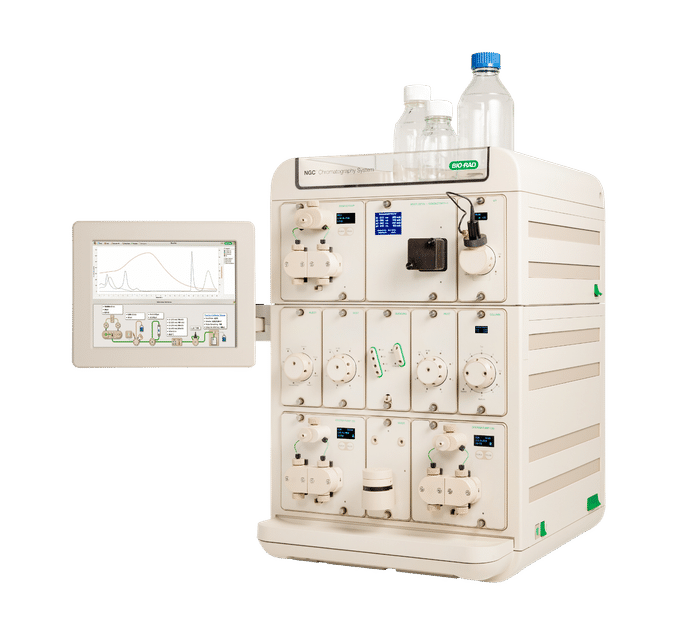
NGC - Next Generation Chromatography | HPLC systems | Bio-Rad Laboratories
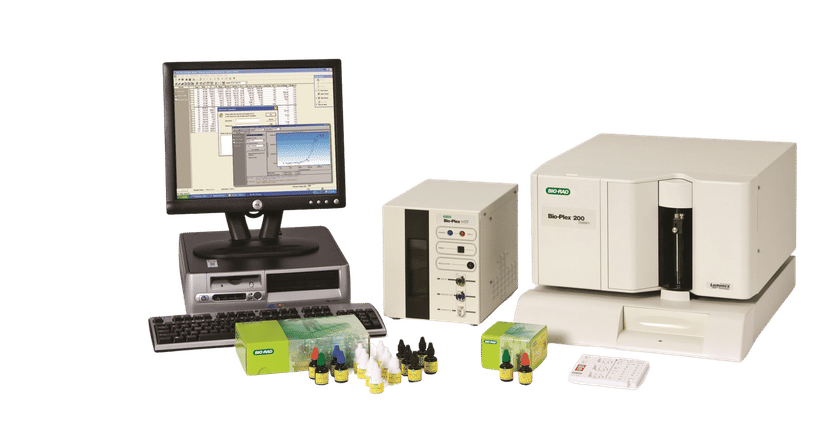
Bio-Plex Multiplex Immunoassays | Multiplex immunoassay system | Bio-Rad Laboratories
Kombu
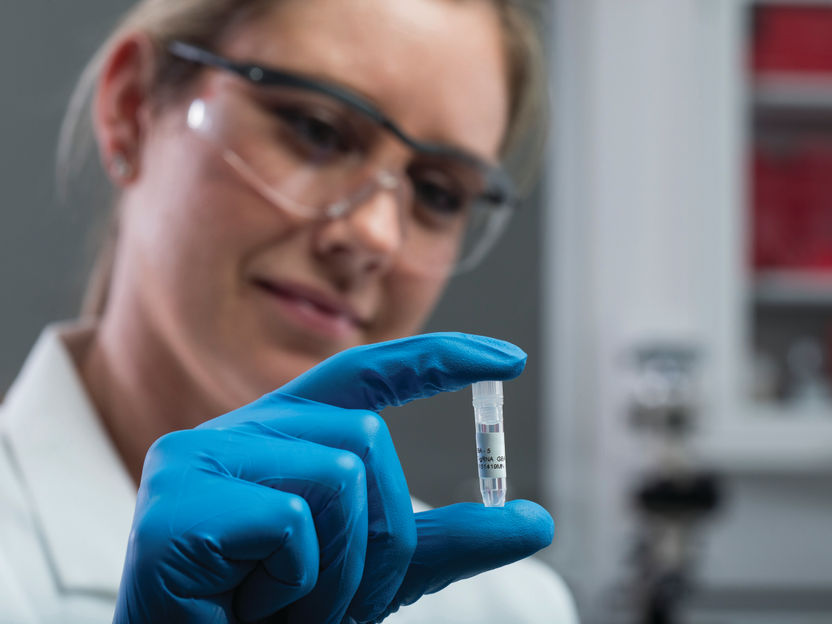
Merck Awarded Canadian CRISPR Nickase Patent for Foundational Genome-Editing Technology
List_of_long-living_organisms
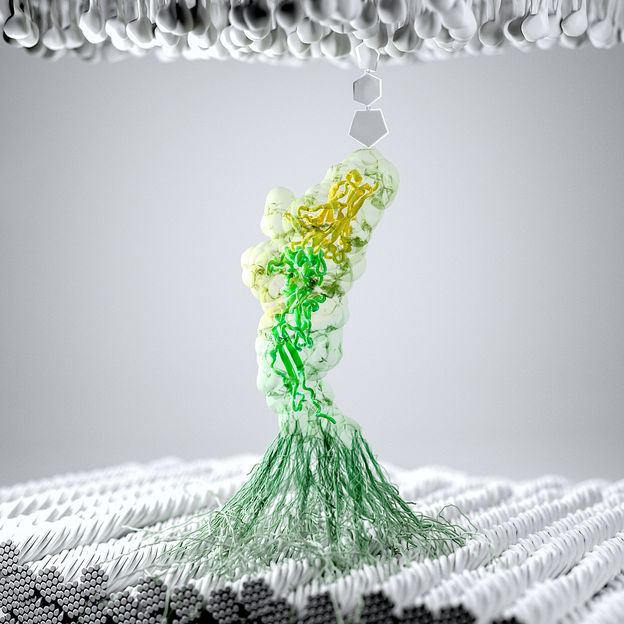
How bacteria adhere to fiber in the gut - Two binding modes allow bacteria to stick to surfaces under flow
American_College_of_Zoological_Medicine

Agilent Technologies Inc. - Santa Clara, USA

